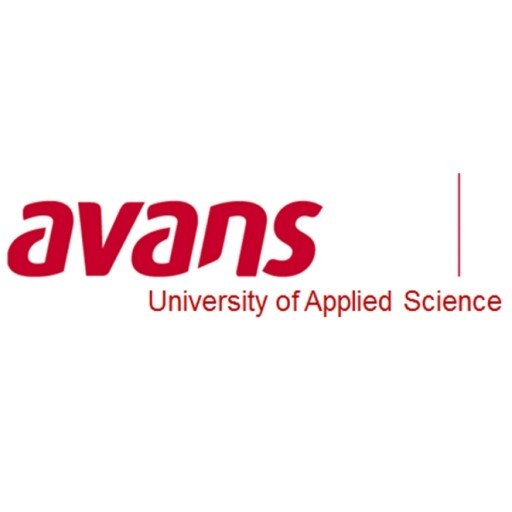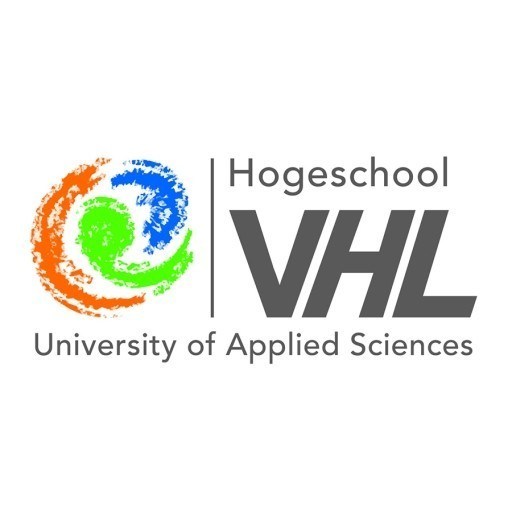Photos of university / #tudelft
Maritime Technology at Delft University of Technology is a comprehensive and forward-looking programme designed to prepare students for the dynamic and innovative field of maritime engineering and industry. This programme provides a solid foundation in the technical and managerial aspects of maritime operations, ship design, offshore structures, and maritime systems, equipping graduates with the skills needed to develop sustainable and efficient solutions for the maritime sector.
The curriculum combines theoretical knowledge with practical applications, offering courses in naval architecture, marine engineering, maritime logistics, maritime safety, and environmental sustainability. Students learn to analyze complex maritime systems, optimize ship performance, and innovate in the design and operation of ships and offshore facilities. The programme emphasizes multidisciplinary collaboration, integrating concepts from mechanical, electrical, and civil engineering to address real-world challenges in maritime technology.
Throughout the programme, students have the opportunity to participate in laboratories, simulations, and project-based learning, fostering hands-on skills and teamwork. International exposure is encouraged through exchange programmes and collaborations with leading maritime organizations, allowing students to gain global perspectives and develop a professional network within the industry.
Graduates of the Maritime Technology programme are well-prepared for careers in shipbuilding, offshore engineering, maritime consultancy, and maritime logistics. They can take on roles in designing new vessels, developing sustainable maritime solutions, managing maritime operations, or pursuing research and development to push the boundaries of current maritime technology. The programme also offers a solid foundation for those interested in advanced studies or research in the maritime sector.
Delft University of Technology’s strong ties with industry partners ensure that the curriculum stays aligned with the latest technological advancements and industry needs. Students benefit from our state-of-the-art facilities, expert faculty, and active industry collaborations, creating a stimulating environment that nurtures innovation and leadership in maritime technology. Upon graduation, students join a global community of professionals dedicated to advancing maritime sustainability, safety, and efficiency.
The Master’s program in Maritime Technology at Delft University of Technology offers a comprehensive education designed to equip students with advanced knowledge and practical skills in the field of maritime engineering and technology. The program focuses on the design, construction, and operation of ships and maritime structures, addressing complex challenges such as sustainability, safety, and innovation in the maritime industry. Students will delve into core topics including naval architecture, marine engineering, ship systems, and offshore technology, gaining a solid foundation in the principles of fluid dynamics, structural mechanics, and materials science relevant to maritime applications.
Furthermore, the program emphasizes the integration of cutting-edge technology and innovative design solutions to improve the efficiency and environmental performance of vessels and maritime infrastructure. Students will have the opportunity to engage with real-world projects and case studies under the guidance of experienced faculty and industry partners. Collaboration and problem-solving are central components of the curriculum, preparing graduates to become leaders in maritime engineering, research, and policy-making.
The program is structured to offer both theoretical knowledge and practical experience, including laboratory work, simulations, and internships. It encourages multidisciplinary approaches, combining aspects of engineering, management, and sustainable development to address current and future challenges faced by the maritime sector. Graduates of this program are well-positioned for careers in ship design, maritime operations, offshore engineering, and maritime consultancy. They are also prepared to pursue doctoral research or advanced roles in industry and government organizations working towards safer, greener, and more innovative maritime solutions. The Delft Maritime Technology master's program combines academic excellence with practical orientation, fostering a deep understanding of the technical, environmental, and societal aspects of maritime technology.
Other requirements
The financed studies for the Maritime Technology master's programme at Delft University of Technology are primarily covered through a combination of government grants, student loans, and scholarships. Dutch students typically benefit from the Dutch government’s student finance system, which includes a combination of loans and grants that do not need to be repaid until after graduation. International students may need to secure alternative financial means such as scholarships, personal savings, or sponsorships. Delft University of Technology offers various scholarship opportunities for both Dutch and international students. These scholarships are often awarded based on academic excellence, leadership potential, or specific country of origin. The vHL (Vereniging Hogescholen) Delft scholarship and the TU Delft Excellence Scholarship are examples that provide fully or partially funded tuition fee waivers and stipends.
In addition to scholarships, students can apply for external funding from organizations such as the Netherlands Ministry of Education, Culture and Science, or international bodies invested in sustainable maritime development. Part-time work opportunities are also available on or near campus to help students cover living expenses. The university provides comprehensive financial guidance through its Student Service Desk, helping students find funding sources and manage their budgets effectively. The total cost of attendance, including tuition, accommodation, insurance, and daily expenses, varies depending on the student’s nationality and personal circumstances. For Dutch students, the tuition fee is generally lower due to government subsidies, while international students usually pay higher tuition fees.
The programme's financing options emphasize supporting students throughout their studies, ensuring that financial barriers are minimized. Financial aid is available to ensure that talented students from diverse backgrounds can access quality maritime education. Students are advised to carefully review the specific scholarship criteria and application deadlines provided by TU Delft and external funding bodies. Overall, the financing studies for the Maritime Technology programme aim to provide accessible pathways for students, whether through government support, scholarships, or personal funding, enabling them to focus on acquiring the knowledge and skills necessary for a successful career in maritime engineering and technology.
Maritime Technology at Delft University of Technology (TU Delft) is a comprehensive engineering program that prepares students for a career in the maritime sector, focusing on the design, construction, and operation of ships and maritime systems. The program emphasizes the integration of engineering principles with maritime applications, offering a multidisciplinary approach that combines naval architecture, marine engineering, and systems design. Students gain in-depth knowledge of ship hydrodynamics, structural mechanics, propulsion systems, and maritime safety, enabling them to develop innovative solutions for complex challenges in the maritime industry.
The curriculum includes theoretical coursework, laboratory experiments, and practical projects that simulate real-world scenarios, fostering hands-on skills and critical thinking. Students are exposed to advanced computer-aided design (CAD), computational fluid dynamics (CFD), and other simulation tools essential for modern maritime engineering. The program also addresses sustainable maritime developments, aiming to reduce environmental impact through energy-efficient ship designs and sustainable materials.
Throughout their studies, students have opportunities for international exchanges, internships, and collaboration with leading maritime companies and research institutes. This industry connection ensures that graduates are well-equipped with relevant skills and professional networks. Upon graduation, students receive a Bachelor’s or Master’s degree in Maritime Technology, qualifying them for careers in shipbuilding, maritime consultancy, naval engineering, and research and development within the maritime sector.
The program is designed to meet the evolving needs of the maritime industry by integrating digitalization, automation, and innovative technologies such as renewable energy sources and smart shipping solutions. TU Delft’s strong emphasis on research and innovation makes it an ideal environment for students interested in pioneering new maritime technologies. The faculty comprises experts in naval architecture, marine engineering, and maritime safety, providing mentorship and cutting-edge knowledge.
Overall, the Maritime Technology program at TU Delft offers a rigorous, comprehensive education that prepares students to address technical, environmental, and economic challenges in the maritime domain, thereby contributing to safer, cleaner, and more efficient maritime transportation and industries globally.






